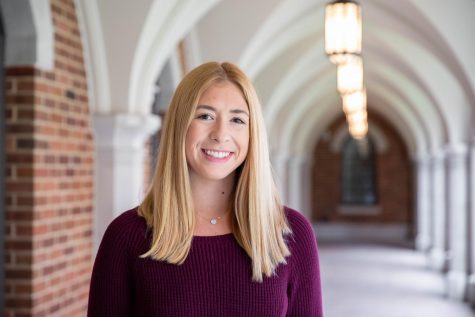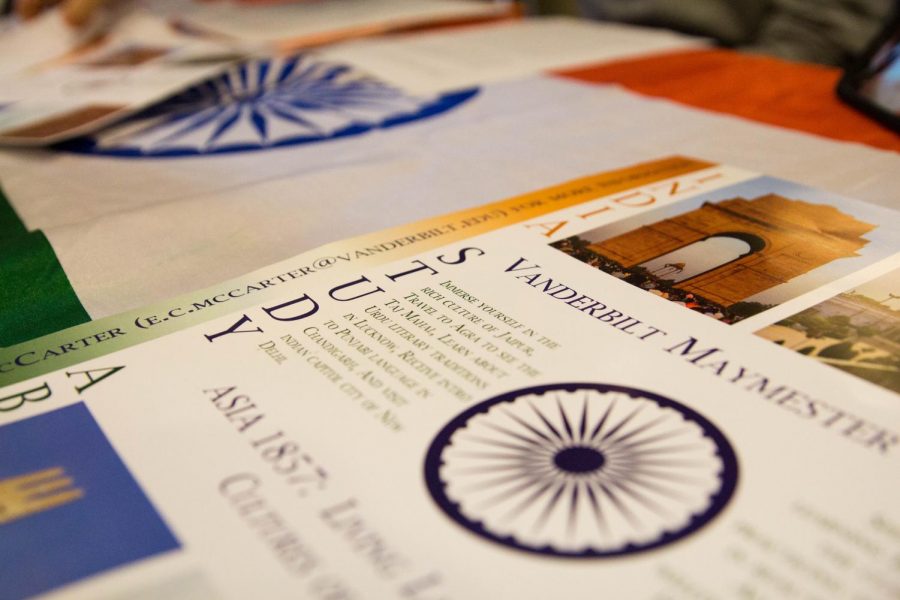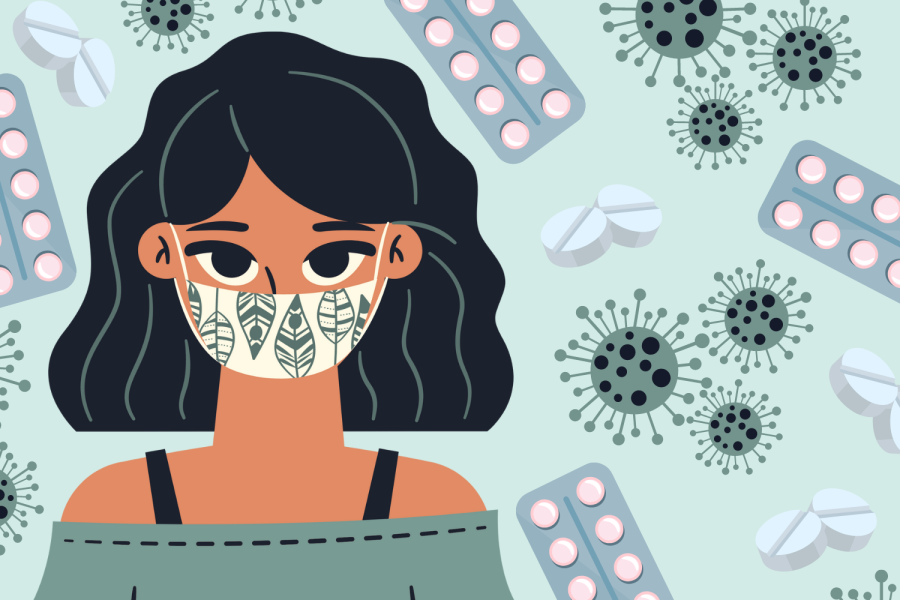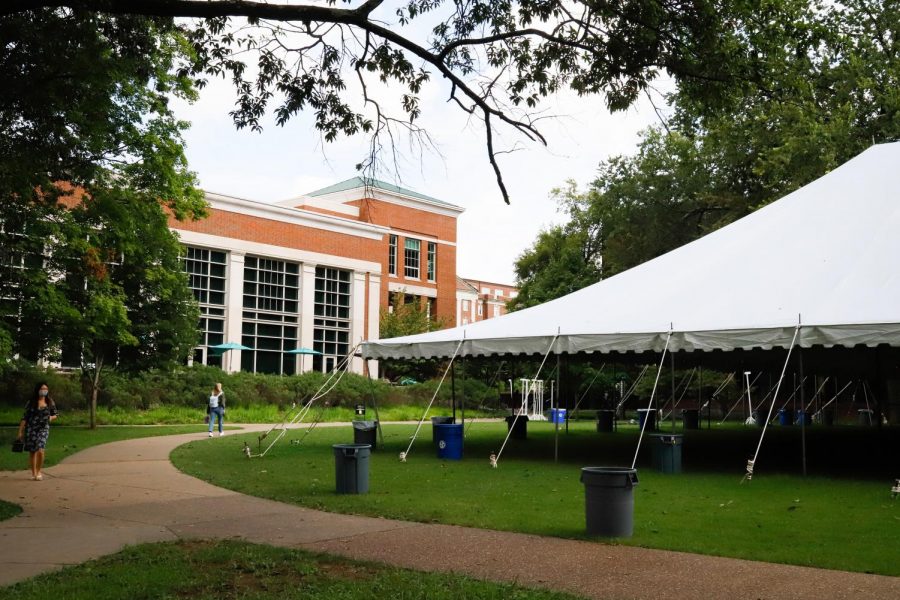On March 11, President Trump announced that the U.S would be closing its borders to Europe for 30 days effective Friday, March 13 at midnight due to the COVID-19 pandemic. As a result of this address, many Vanderbilt students abroad rushed to book flights to return to the United States.
On Feb. 28, the roughly 40 students studying abroad in Italy were encouraged by their host program to return home. On March 1, the Centers for Disease Control (CDC) announced that all study abroad programs should consider sending students home, but Vanderbilt maintained that its existing protocols and response measures reflected the CDC’s guidance and did not change their policy. It wasn’t until Sunday, March 15 that Vanderbilt suggested that all students return home from their abroad programs.
By the time Vanderbilt directed students to come home, the COVID-19 spread had escalated dramatically in some study abroad locations. Spain’s escalation led to an all-country lockdown, announced March 15—the same day Vanderbilt emailed students suggesting to leave the country. Other schools acted to send students home days earlier; Columbia University, for example, strongly encouraged students to return to the United States March 12.
Currently, around 170 Vanderbilt students are still abroad, down from the 466 students who began the semester studying abroad, according to Vanderbilt.
After President Trump’s Wednesday evening announcement , the Department of Homeland Security made a statement that American citizens would be allowed in the country, but many students had already rushed to book flights home. Junior Daniel Nicastro, who was studying abroad in Barcelona, said that by 11 p.m. Wednesday, March 11, nearly everyone he knew in his program had booked a flight home.
“We eventually learned that American nationals would still be let in, but at the time we didn’t know that,” Nicastro said in a March 11 email to The Hustler. “I’m currently en route to the airport, as are several of my roommates.”
Other students, including junior Isaac Stovall, struggled finding a flight home. Stovall’s study abroad program based in Morocco, which is conducted through the School for International Training (SIT), was canceled on March 14. The program was cancelled while SIT students were in the Netherlands on a program excursion, Stovall said, which further complicated matters as the Netherlands developed a high concentration of COVID-19 cases.
Morocco announced that it would be closing its borders to European countries right before SIT students were scheduled to return to the United States, Stovall said. The students made it back to Morocco before this ban took effect, however.
Once back in Morocco, two of his flights back to the U.S. got cancelled, one scheduled for March 14 and the other scheduled for March 17. Before this point, Stovall said he was disappointed by “vague emails” from Vanderbilt as the situation became more dire. But after his second flight got cancelled on Monday, he said Vanderbilt really stepped up. Stovall said that he thinks the efforts of Vanderbilt’s global security team is likely the only reason he was able to get back to the U.S.
His flight from Morocco to Paris, he said, seemed to have been an emergency flight for French nationals that Vanderbilt managed to get him a seat on. Though the handful of Vanderbilt students studying in Morocco have all managed to get home, Stovall said that ten students in his program from other universities are still stuck in Morocco.
“I’m in a super privileged, fortunate position to be able to have this problem. It’s frustrating, obviously. But, I’m fortunate to be able to have that frustration that, you know, my study abroad program got cancelled,” Stovall said. “If that’s the worst thing that happens to me and my family in all of this, then that’s fine.”
Stovall made it back home the evening of March 18. But along with the other students still in Morocco, some estimate that around 3,000 Americans are currently stuck in the country due to the abrupt travel restrictions. As the U.S. embassy has allegedly provided no help to these Americans stuck in Morocco, a petition has circulated to encourage the United States to take action to help those Americans return them to the U.S.
During this time of global turmoil, not all Vanderbilt students are choosing to come back to the United States. Among the 170 students who remain abroad is junior Jenny Pigge, who is staying in Berlin, Germany. Pigge told the Hustler in an email that she is the only remaining Vanderbilt student in her program, as the other Vanderbilt student in her program had returned to the United States.
Pigge emphasized that the circumstances involving her ability to remain in Berlin differed from other students who had decided to return home. She had always planned to stay in Berlin with her host family for a summer internship after the conclusion of the study abroad program she said. Furthermore, her classes are all online, and she said Berlin still offers the experience of living in a language immersion.
“Given all of these things, traveling internationally to get home just doesn’t really make the most sense for me at the moment, personally or from a public health perspective,” Pigge said.
Pigge said that Vanderbilt and GEO have been communicating with her throughout this process through their mass emails. She said GEO had also reached out a few days ago to inform her that Germany is closing off non-essential public places and to ask about her travel plans.
“I let them know that I plan on staying for now, and they sent me an assumption of risk waiver to sign,” Pigge said.
In the March 15 email from GEO recommending that students return to their homes, GEO director Arik Ohnstad highlighted the uncertain nature of the COVID-19 pandemic. Students who indicated an interest in staying had to fill out a form and would be contacted by Vanderbilt’s global safety and security manager regarding next steps.
“Our highest priority remains our students’ well-being,” the email said.










